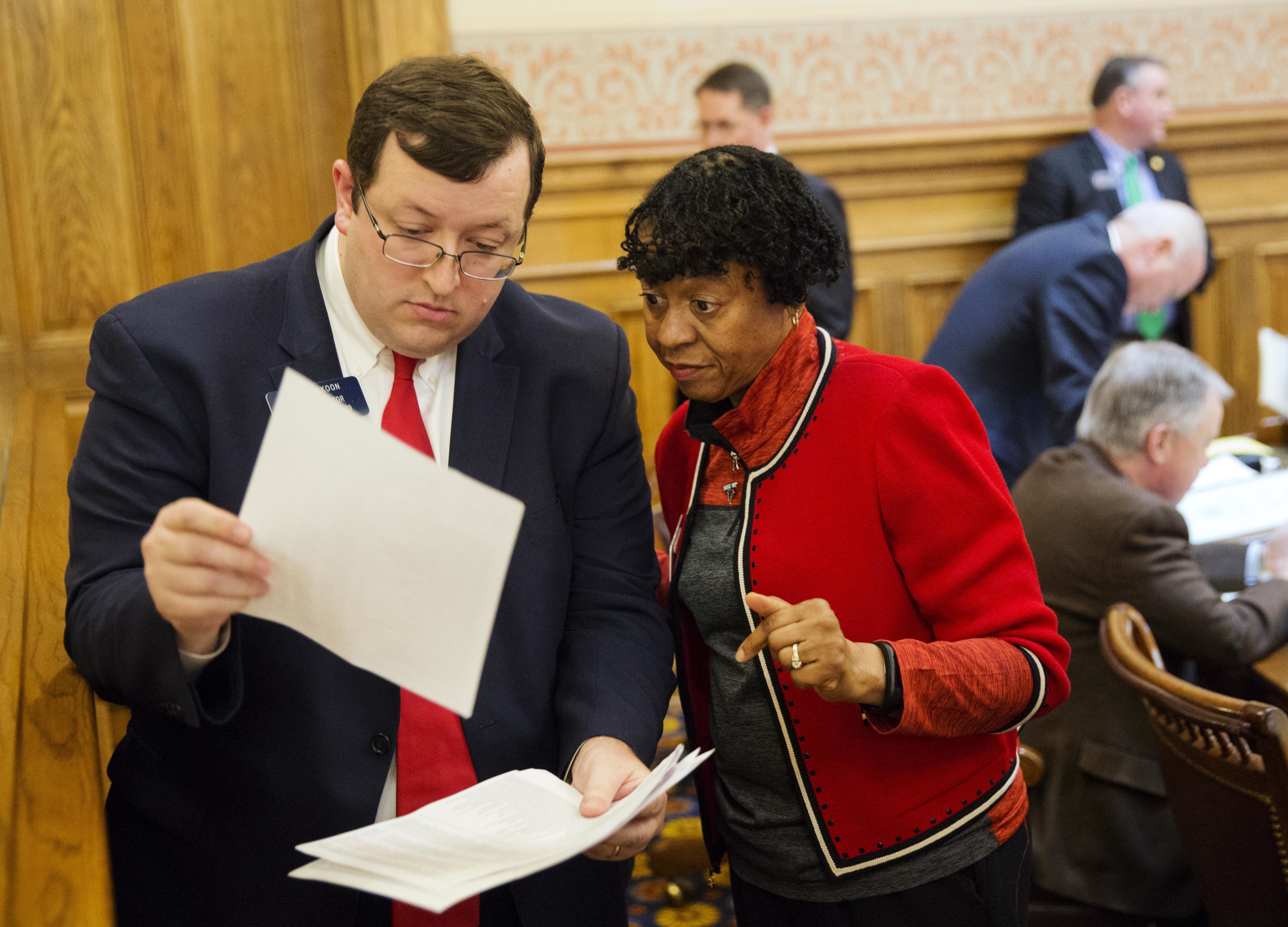The Pandemic Is Forcing Foster Kids to Sleep in Hotels and Offices
webphotographeer/Getty
Let our journalists help you make sense of the noise: Subscribe to the Mother Jones Daily newsletter and get a recap of news that matters.Over the past year, hundreds of foster children in Washington state slept in hotels and offices because no foster placement was available, according to an annual report released this week by the state’s Office of the Family and Children’s Ombuds.
For years, Washington’s Department of Children, Youth and Families (DCYF) has drawn scrutiny for housing children in hotels and offices, called “placement exceptions.” This year, the pandemic has led children to spend more nights in these spaces as foster homes close their doors. In King County, which includes Seattle, 30 percent of foster homes have stopped accepting children due to concerns about the coronavirus.
Over the course of a year ending in August, 220 Washington kids spent a total of 1,863 nights in hotels and offices. As in previous years, Black children were overrepresented in this group compared to foster youth as a whole.
The report painted a sobering portrait of the day-to-day life for the kids:
Over the last five years, DCYF has hosted increasingly larger numbers of children in hotels and offices overnight. For some of these youth, the experience does not end with one overnight, but rather can extend for days, weeks, or even months. Despite the fact that the agency may not have any possibility of a placement, DCYF requires that each morning these children leave the hotel or office where they spent the previous night, taking all of their belongings with them, with the expectation they will not be returning to the same room, or perhaps even the same hotel. Frequently, due to staff shortages and logistics, these children also spend their evenings transporting other youth who are out of placement. Their meals are consequently improvised as well, and they frequently eat fast food or food from grocery or convenience stores. They also endure ever shifting arrangements of both the other children and the supervising staff that they spend the night with, a remarkable lack of continuity for the intimacy of these arrangements.
Fewer Washington children spent nights in hotels and offices this year compared to last year, but those who did stay tended to stay longer: 24 children spent twenty or more nights in placement exceptions. Most of them had significant behavioral health needs; half of them reported having suicidal ideation and self-harming behaviors.
Among those children with a long hotel stay was a 16-year-old named Espen, who told The Imprint in October that she had been staying mostly in hotels since the middle of May. Espen, a transgender girl, was offered a bed in an all-male group home in July. She refused, not wanting to encounter the transphobia she’d experienced at other shelters. That evening, she spent the night in a social worker’s car in the parking lot of the Department of Social and Health Services in Bellevue. “They said that’s the only option,” Espen told The Imprint. “I told them I wouldn’t take it, so they made me spend the night in an office parking lot.”
In addition to being traumatic for children, the stays are expensive for taxpayers: In 2017, DCYF estimated each night at a hotel cost $2,100, most of which covers caseworkers and security guards working overtime.
State officials attribute the stays to lack of resources and recession-era budget cuts that chipped away at treatment and social services. “For several years in a row OFCO has rightfully excoriated DCYF about a growing problem children and youth in our care face – hotel and office stays,” DCYF Secretary Ross Hunter said in a statement. “I share [OFCO’s] concern and can assure you that it has our full attention.” He called the stays “penny-wise and pound-foolish,” adding that the state expects to have 15 new foster beds with wraparound mental health support available by next spring.
Washington isn’t the only state that’s drawn criticism in recent years for its use of hotels for foster youth. In 2016, Oregon’s Department of Human Services settled a federal lawsuit alleging that long hotel stays were causing children physical and emotional harm. The state agreed to reduce the number of hotel placements, but as of last year, as many as ten foster children slept in hotels each night, state officials told the Washington Post.
Across the country, the pandemic has wreaked havoc on virtually every facet of child welfare system. Calls to child abuse hotlines have gone down as children spend less time interacting with teachers and other mandatory reporters. Over the course of the spring and summer, in-person visitations between parents and their kids in foster care went virtual in municipalities across the country—a particularly devastating development for families with infants and toddlers. “Young children who are able to actively engage with their parents for several hours during in-person visits do not have the attention span or language skills to actively participate with their parents in a remote audio/video visit,” noted the Ombuds report. Today, families with open child welfare cases are stuck in limbo as court shutdowns delay reunification and adoption hearings.





